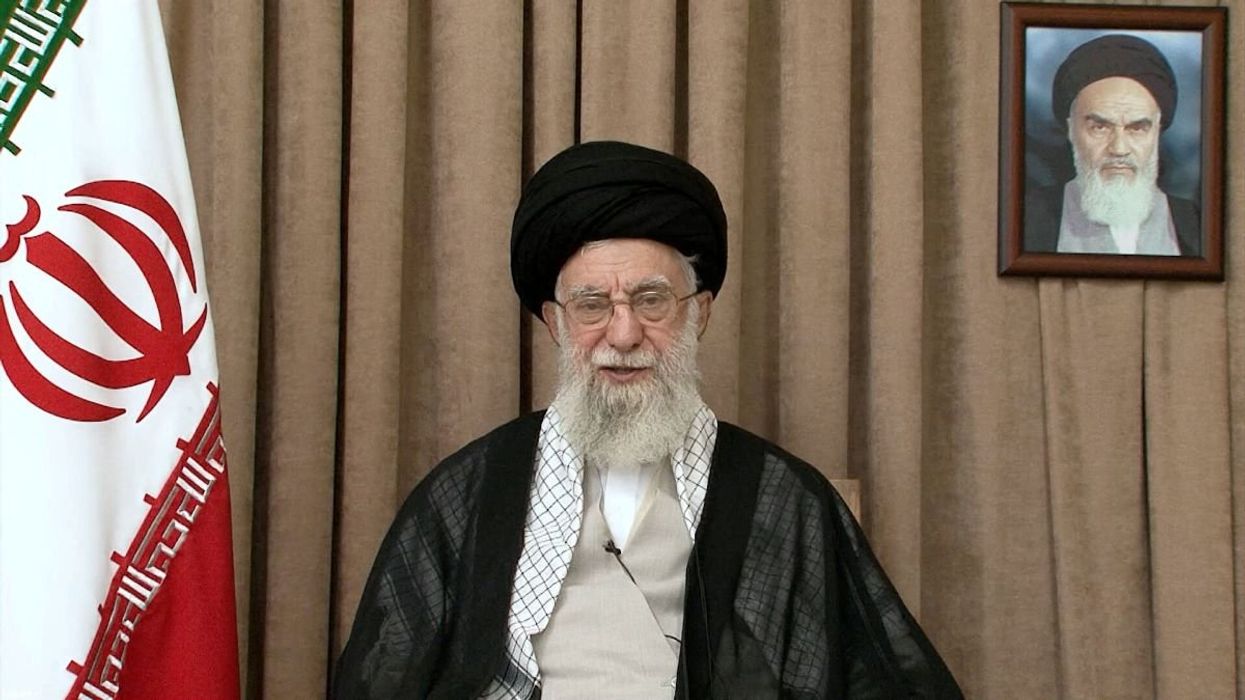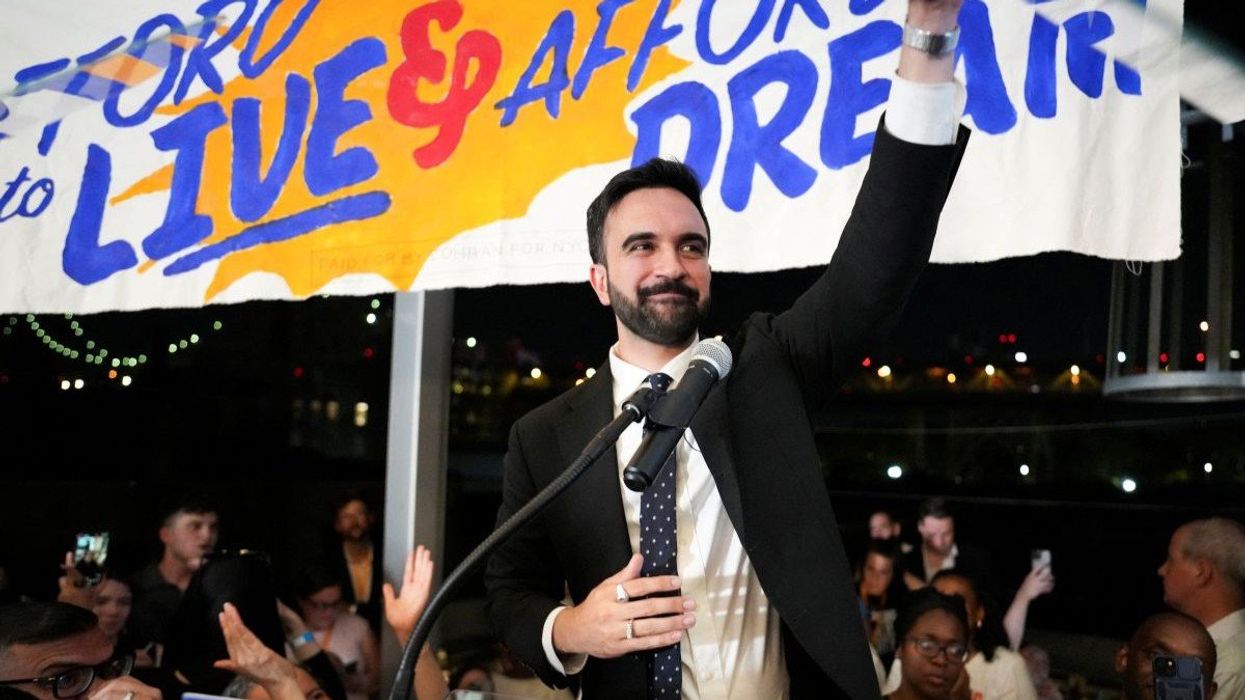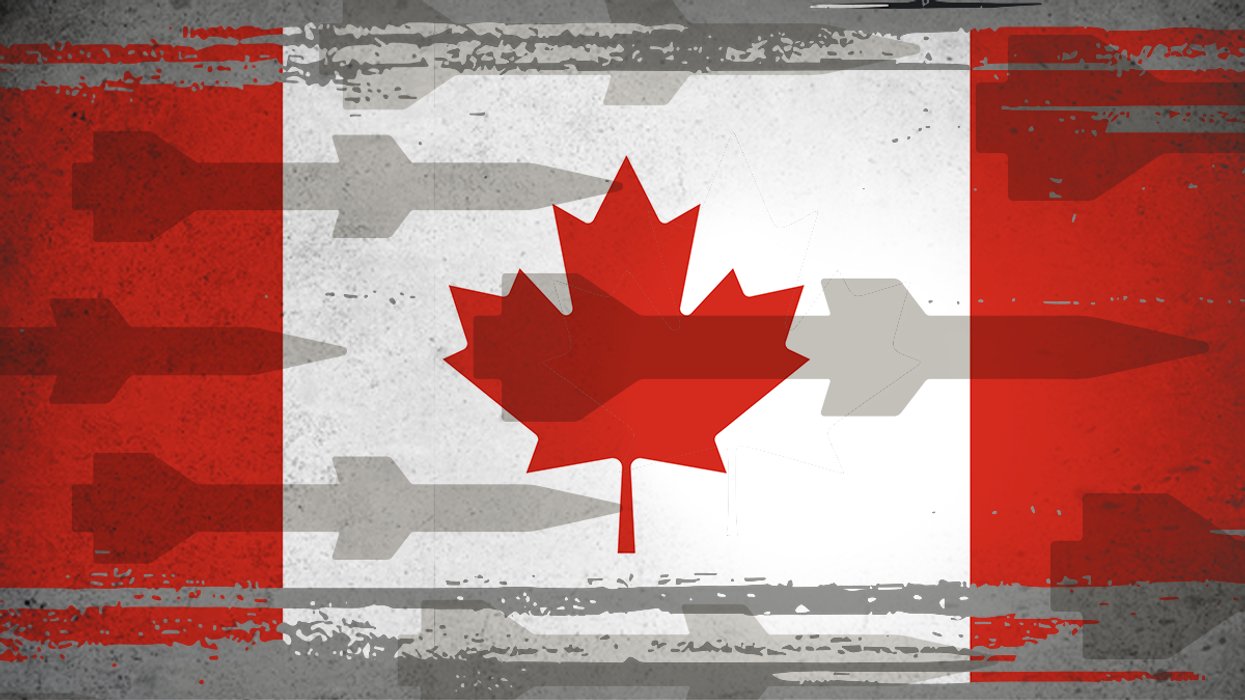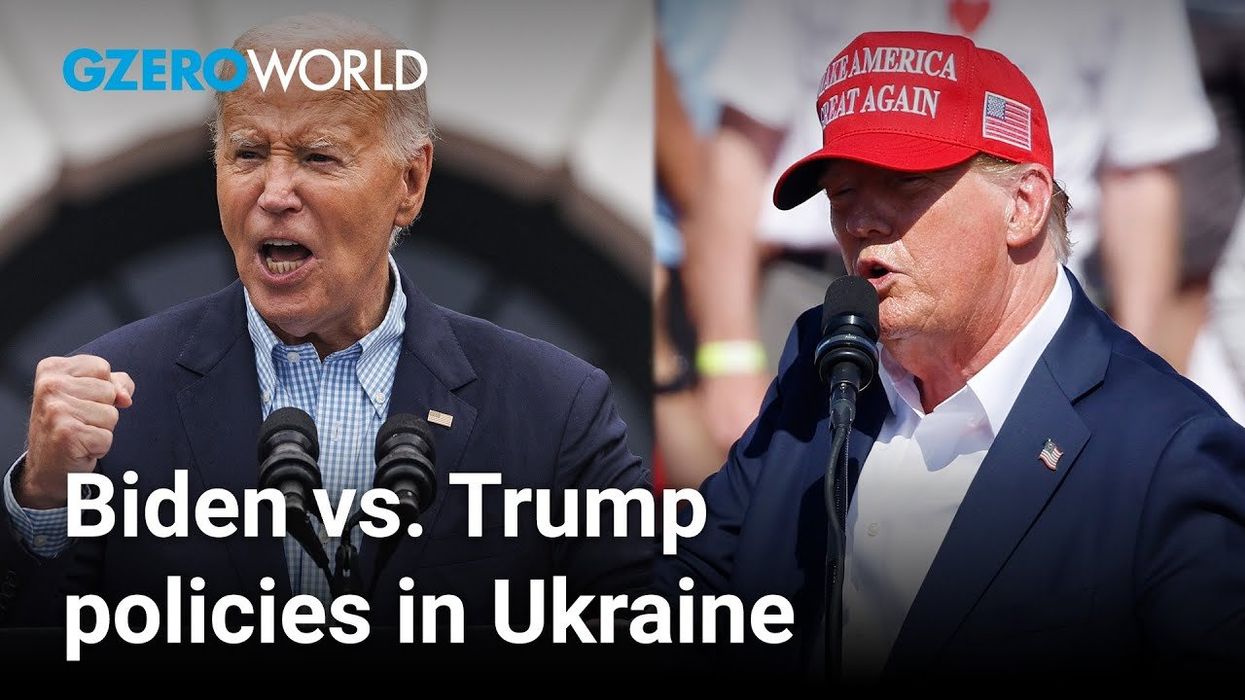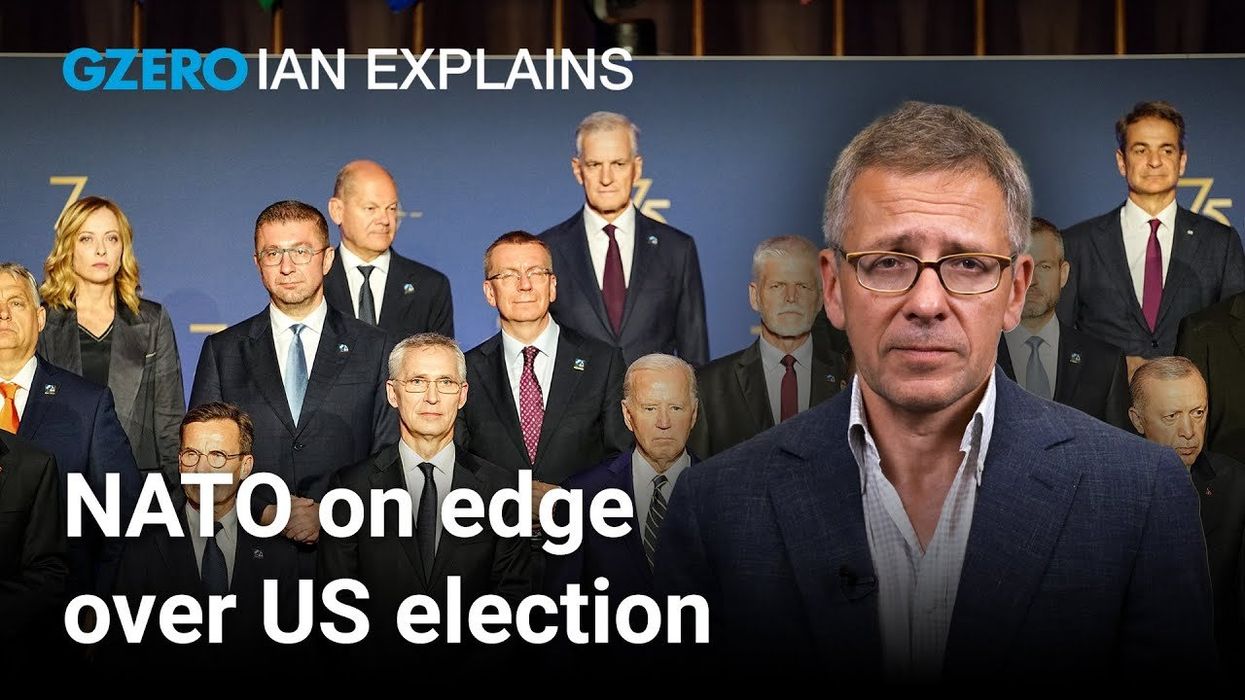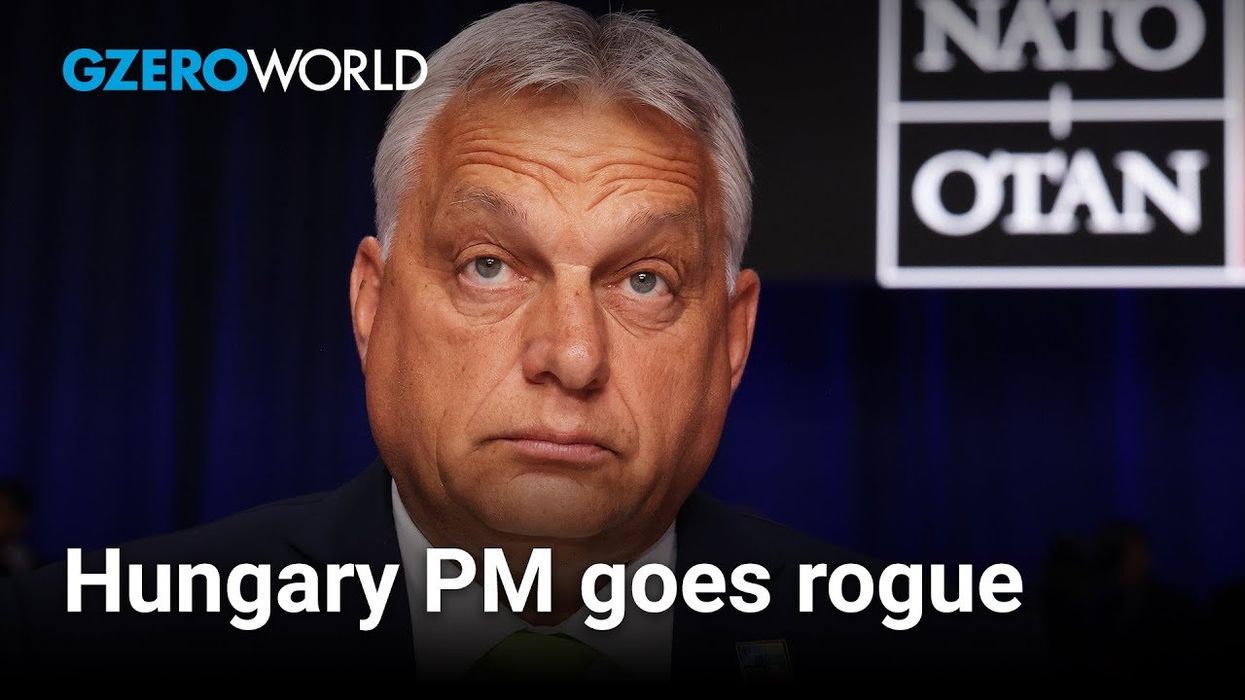GZERO North
Three takeaways from the NATO summit
The two-day NATO summit at the Hague wrapped on Wednesday. The top line? At an event noticeably scripted to heap flattery on Donald Trump, alliance members agreed to the US president’s demand they boost military spending to 5% of GDP over the next decade.
Jun 26, 2025

